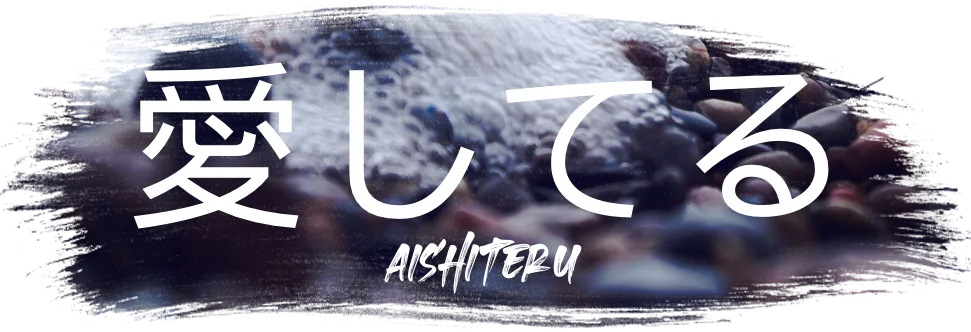
Aishiteru Meaning: Understanding Japanese Love Expression
The Japanese expression "aishiteru" (愛してる) represents one of the most profound declarations of love in Japanese culture. While commonly translated as "I love you," its significance and usage differ greatly from its English counterpart.
Cultural Significance
In Japanese society, "aishiteru" carries exceptional emotional weight and is reserved for expressing the deepest form of romantic love. Unlike Western cultures where "I love you" is freely expressed, this phrase is used sparingly and only in the most significant moments of romantic relationships.
Proper Usage
The expression is primarily reserved for serious romantic relationships, typically between long-term partners or during profound moments like marriage proposals. Japanese couples often express their love through actions rather than words, making verbal declarations of "aishiteru" rare but deeply meaningful.
Alternative Expressions
For everyday expressions of affection, Japanese people commonly use "suki desu" (好きです) or "daisuki desu" (大好きです), which carry lighter emotional weight while still conveying genuine feelings. These alternatives provide more appropriate options for expressing care and affection in various relationships.
Modern Context
While "aishiteru" maintains its profound meaning in contemporary Japanese society, younger generations may use it more freely in certain contexts. However, its core significance as an expression of deep, committed love remains unchanged, distinguishing it from casual expressions of affection.






